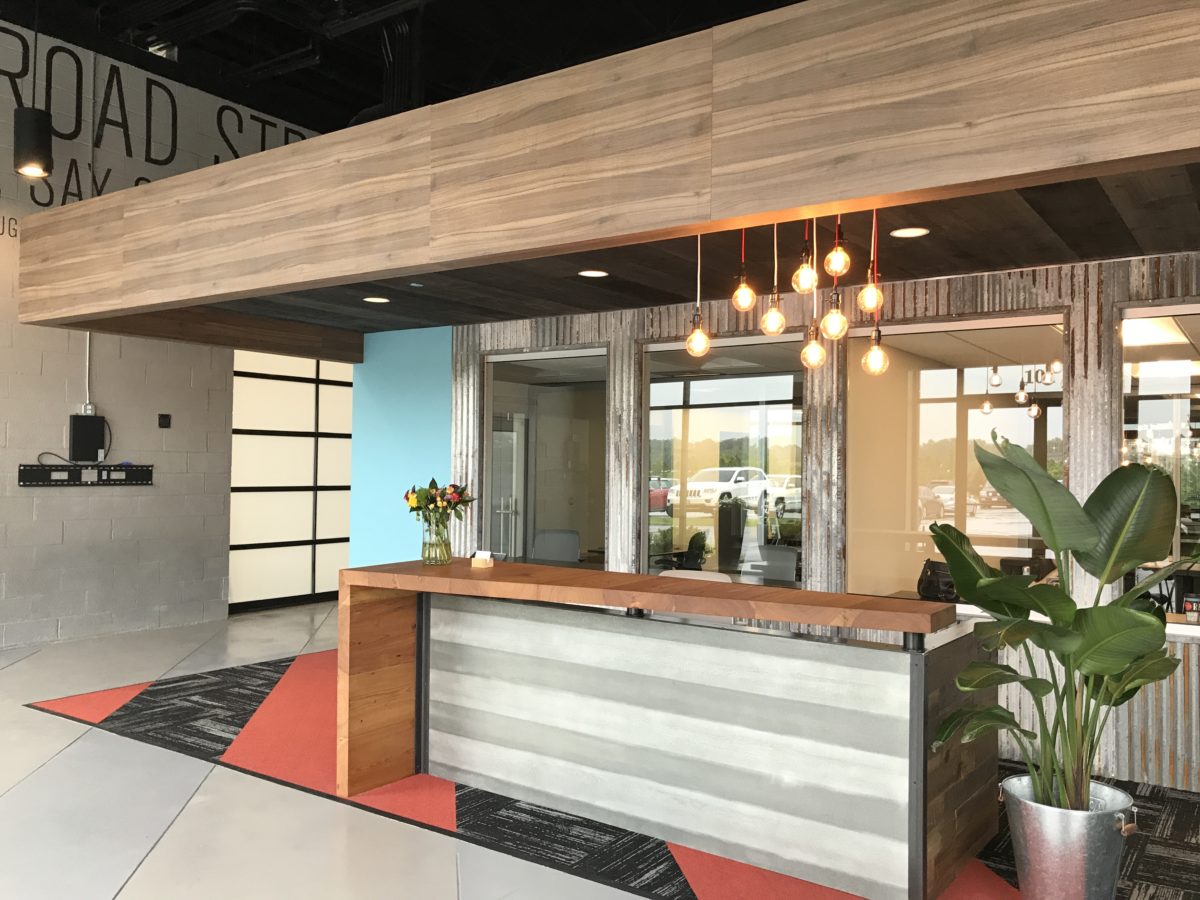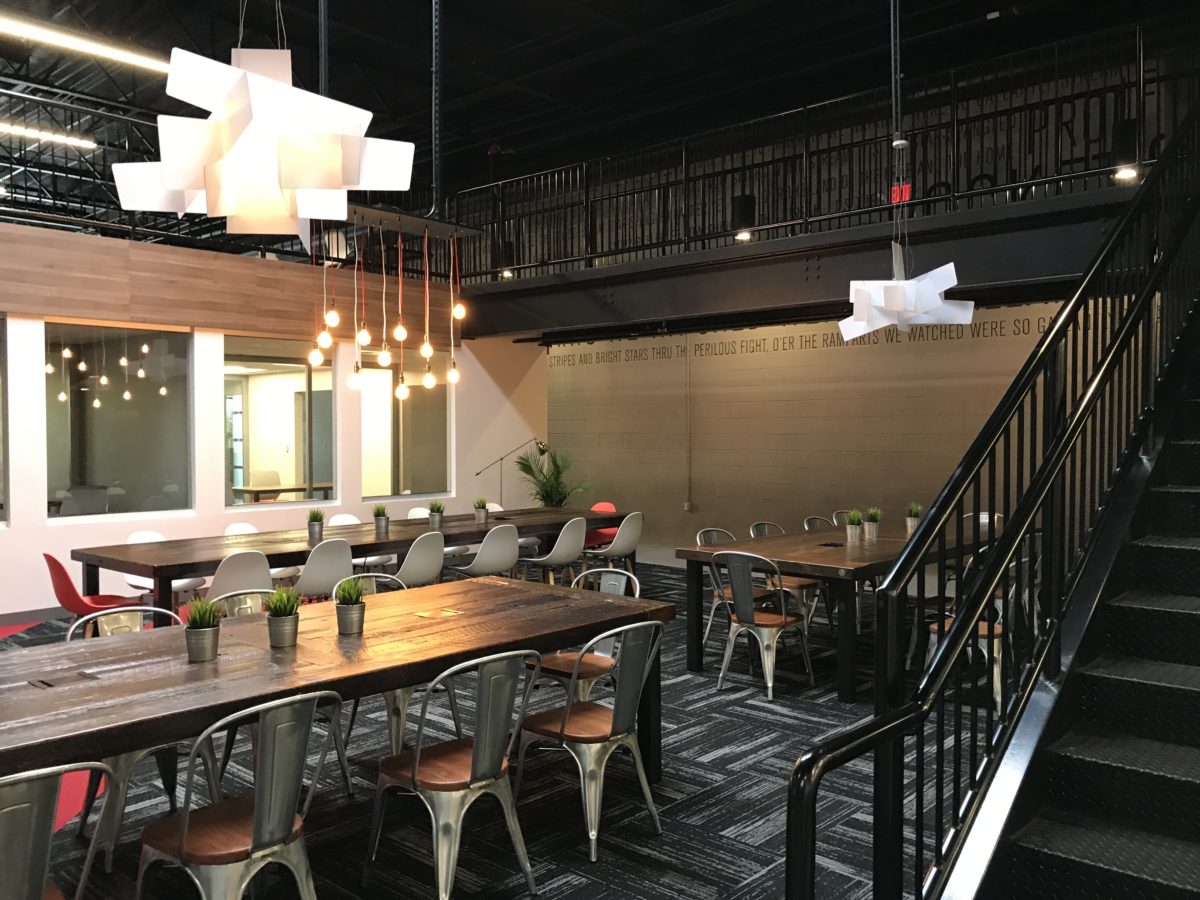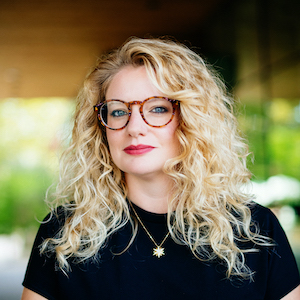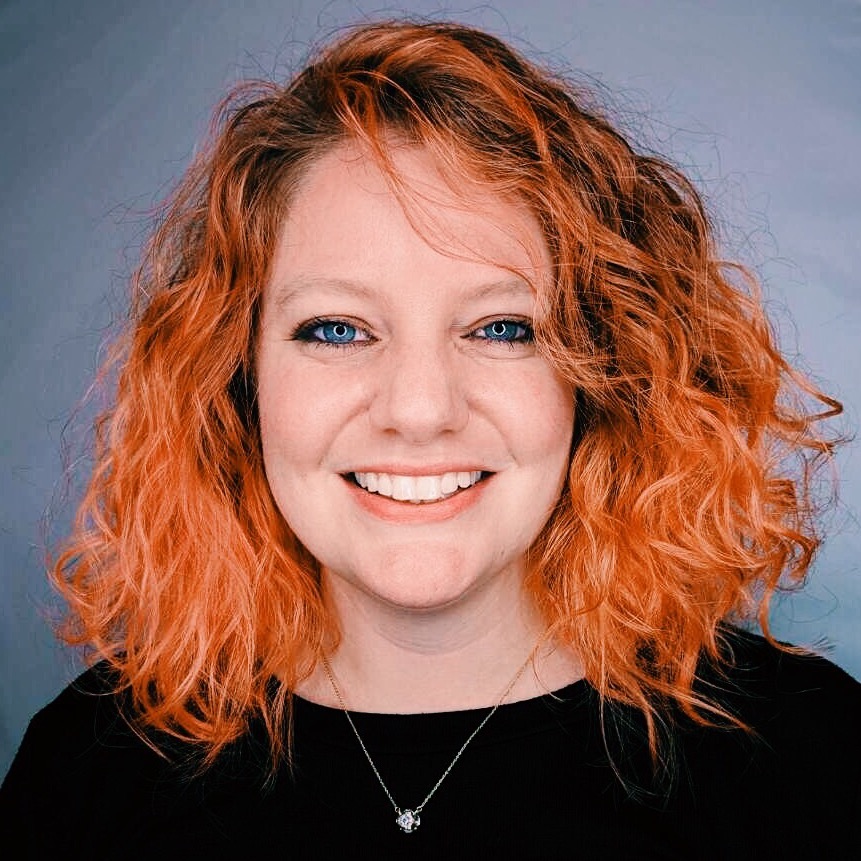When Lara Azzam walked into Betamore’s Port Covington space six months ago, she entered into an organization that had operated without day-to-day leadership for well over a year. While Betamore board chairman Greg Cangialosi and board member Damian Rintelmann dedicated many hours to maintaining momentum, they knew better than to hire a new executive right away.
Since Betamore was founded in 2012, the tech community had changed, the economic market had shifted, and the local coworking and startup incubation business had grown dramatically. They knew that they needed to understand what this thing had become. After 18 months, they’ve arrived at the vision, and the leader needed to carry it forward.
With experience as a startup founder, small business operator, and business consultant, Azzam entered with the objective to make a collaborative analysis of the Baltimore ecosystem, rather than a competitive one. Seeing Betamore as a test campus for new technologies with a big opportunity to digitize entrepreneurial education, it’s this kind of opportunistic thinking that she attributes her career success to.
“I’m a connector. I love people. I love hearing their stories and I love understanding what they need in a given moment in their life — business life or personal life — and how can I help make that connection happen” she said. “I’ve come to this realization having taken this role, that my purpose in life is to help make opportunities happen for others in the role that I’m in.”
With the fifth annual Beta City celebration of tech and entrepreneurship coming up on Thursday, September 26, we sat down with Azzam at Betamore’s offices in Port Covington to learn what brought her to the helm and where she’s aiming to take the education-focused nonprofit next. This conversation has been edited for length and clarity.
What are some of the highlights of your career that led you to this role?
Early on in my career I worked for a satellite video communications startup called Starband, and my now husband André kept listening to my stories about working at this startup and he kept saying to me, “Where’s the revenue coming from at this company that you’re working for?” and I kept saying “Oh you don’t understand, we’re a startup.” And he kept saying, “Where’s the revenue? You’re not going to survive if you don’t have revenue.” Over time he kept listening to my stories, and we saw how the blow-up of MCI WorldCom and then Enron unfolded, and he kept saying that, “The U.S. has forgotten about basic business principles, I know these great products from South Africa and I think you need to have exposure to them” and he hassled me so much about it that I finally decided to a demo of these products in the states.
We brought one of the founders over from South Africa to run a two-day demo and got a big mix of people together in a room at Georgetown University, everyone from graphic designers, to the head of training and development at an organization, to engineers. At the end of the second day people came over to me and said, “I want part ownership in your company.” And I said, “What company? I don’t have a company. I’m not going to start a company.” André said to me, “What are you going to do?” and I said, “I guess we’re starting a business. Everybody would love this product.”
It was not in my plans at all. I had worked at large companies with a safe paycheck this whole time. Every time we ran out of money, I became an independent consultant to help finance the business. I would go into big companies, corporations usually working for the CEO, CIO, or COO, and they would say, “Something is wrong. I can’t get my staff to get done the stuff that needs to get done.” I would go in and work with their people and figure out what was broken — Was it tech based, was it people issues, was it technical skills issues, was it process, was it interdepartmental conflict? What was going on that things weren’t getting done? And I discovered through that process that I am a very good change agent.
And then four years ago a friend of mine called me and said, “I’m starting a non-profit called Girls Who Invest. I’ve got a CEO, I’ve got 30 young women arriving at Wharton in two weeks. Come and help me run this organization.” I went in as what was supposed to be a short-term, part-time experience and I ended up doing it for three years, more than full-time, and helped to build an organization that was creating a pipeline of women into the asset management industry — only about 3% of asset management dollars are managed by women in the United States.
My role was to help build the technology infrastructure necessary to receive applications and process them. And then in partnership with the Wharton Business School and the University of Notre Dame, I also ran a four week finance bootcamp education program for these young college women — there were 30 in first year, 60 in the second year, 100 in the third year, and 150 this past summer.
I’m a change agent. I’m a builder. And when I had built the infrastructure that needed to be built, I felt that my value had diminished for them and they really needed someone from the finance industry to take over the program. So I contacted a friend of mine at the [Johns Hopkins] Carey Business School and said that I was ready to do something here in Baltimore. I now have a two-year-old, I need to stay local. She emailed me this job description and it was the perfect connection of everything I had done in my career in one opportunity. I love startups, I love connecting people, I’m an opportunist, and I’ve been running an education company for the last 17 years. It was a lot of luck and a little bit of chance.
You’ve now been at Betamore for six months, and have taken on a very public facing leadership position in the tech community. What have you learned so far?
The market here has changed a lot. There are a lot more players now and we as an organization need to be more focused on the value that we offer and the value that we deliver.
The big thing that I’ve heard and learned since I’ve gotten here is how important the Port Covington development arena is in the story of who Betamore is. We’re the first active building in Port Covington and we really the showcase and representation of what we could become as a neighborhood and as a residential business community in Baltimore. We play an important role in that, and in deciding and defining who Betamore is, we’re keeping that in mind.
We talk a lot about the technology being created here, about what Port Covington is, and we have a whole team here that’s working on what being a smart city means. We see ourselves as a test case, a platform for what a smart city is and for what Port Covington is going to become.

Betamore’s front desk at City Garage in 2017. (Photo by Stephen Babcock)
The idea is that people come to Betamore, they start their businesses, they grow, and then they graduate to another area in Port Covington; we become a pipeline of growing businesses that turn into tenant companies in Port Covington as it develops and grows.
And one of the things I’ve learned about myself over the years is that I see opportunity before others do and I make the connections often times before others do. And when I see the connection or I see the opportunity, the challenge I take on is to help others get there. That’s the thing that I would say is my unique contribution to the Betamore story and where we take things.
Coming into this new job, the whole team had turned over. What is your secret to keeping momentum going when faced with challenges like these?
I am this really driven person. I am half Palestenian, half Armenian. A hot-blooded, Middle Eastern, high-energy person and I’m absolutely motivated by opportunity. If I see something, I go for it. It’s just in my DNA. It’s who I am as a person. It’s going to happen, I will not give up, I will always continue to hear what the opportunities are to build relationships.
I’m a connector. I love people. I love hearing their stories and I love understanding what they need in a given moment in their life — business life, personal life — and how can I help make that connection happen. I’ve come to this realization, having taken this role, that my purpose in life is actually to help make opportunities happen for others in the role that I’m in.
Why did you take the role? Where does Betamore go from here?
Weirdly, when I was working in the Girls Who Invest role, I happened to say to my husband, “Do you know what I want to do next?” and he said “what’s that?” and I said “I want to run a business incubator.”
When I started to explore opportunities, I looked at that was going on at innovation spaces that had been created, not just in Baltimore, but globally. I was extremely interested in it, so when I saw the job description, I looked at it and said, this was written for me. This is exactly what I want to do. This is amazing.
I knew this was the right next step for me and when I told my friends about the opportunity — that it is an organization in change, that the last leadership is gone, and the organization needs to figure it out and there might be some messy things that I’m going to encounter — they said “You’re good at messes, that’s what you do best.”
The other thing that I learned while I was doing my research is that I’m a person that likes to have things happen quickly. As I read about places like Betamore that had developed and become successful, everyone talked about it as needing a 5 to 10 year window to develop, that it takes time to build this type of success. I’ve kept that in the back of my mind very solidly — that first we need to figure out what it is we want to be, and then we need to put the blocks on block by block to build this thing that we want it to be. It’s a different way of thinking for me, but it’s important to build a truly solid, innovative, good organization that supports entrepreneurship in this city and region.

The coworking area at Betamore’s City Garage space in 2017.
Betamore is this place of connections, but I think that over the last few years maybe that’s fallen away. We need to figure out how we reengage our advisory board, how do we reengage mentors, how do we bring leadership in to help startups at a stronger level and how do we maybe use technology to do that. I don’t want to go away from the importance of relationship development, but is there a way we can use technology to expand the window of being able to provide those support services to our startups.
One of the things I’m thinking about from a vision perspective is that we invested in a learning management system (LMS) before I got here and I’ve started to think about how Betamore’s education programming has been limited to people who could get to our building. One of the things I think could be a really powerful collaboration tool, was if we use our LMS and we work with all of our partner companies, other incubators, support organizations, accelerators, and startup supporters, and use the tool where they can provide content onto it and we can do revenue sharing opportunities together, and we have instructor content providers and we take care of the administration of the system. I believe nobody in the city is doing this yet, and it could be something that we could all benefit from together and we could reach more entrepreneurs this way.
I’d like to prove a hypothesis that I have — if we can support entrepreneurs where they are in the roadmap of their startup using this type of technology, so that we can reach more entrepreneurs, so that physical space does not become the barrier, then we could help more startups succeed.
What is something that you do to make time for yourself and keep you charged up?
I go to yoga every Saturday morning and every Sunday morning. I have been practicing yoga for 25 years. I started because of back pain but now I do it more psychologically and emotionally than I do physically. It’s an amazing thing to discover in one’s life.
I practice with Martha McAlpine. I started practicing with her maybe four or five years ago now and she’s the only instructor I work with, she’s so amazing. She has a Master’s in Education from Harvard and she’s applied that to her yoga practice and the curriculum she’s developed to teach. She teaches two classes on Saturday morning, one is a vinyasa flow class that is an hour and a half that is as hard physically as it is mentally; she also teaches a kind of yoga called Kundalini yoga which is one of the oldest forms of yoga that is more of a psychological practice where every month she focuses on a different thing in our psyche that we work on together. Before I was working here I would go five days a week, three times a week at lunchtime and then the weekend. I don’t miss my yoga practice on the weekend unless I absolutely have to. It keeps me healthy physically and mentally.
Connect with Azzam on Linkedin.
Before you go...
Please consider supporting Technical.ly to keep our independent journalism strong. Unlike most business-focused media outlets, we don’t have a paywall. Instead, we count on your personal and organizational support.
Join our growing Slack community
Join 5,000 tech professionals and entrepreneurs in our community Slack today!

The person charged in the UnitedHealthcare CEO shooting had a ton of tech connections

From rejection to innovation: How I built a tool to beat AI hiring algorithms at their own game

Where are the country’s most vibrant tech and startup communities?


